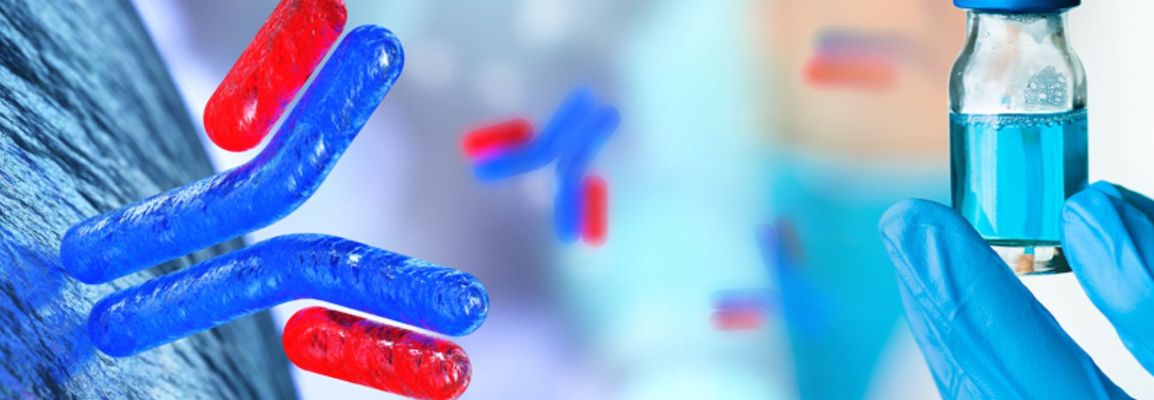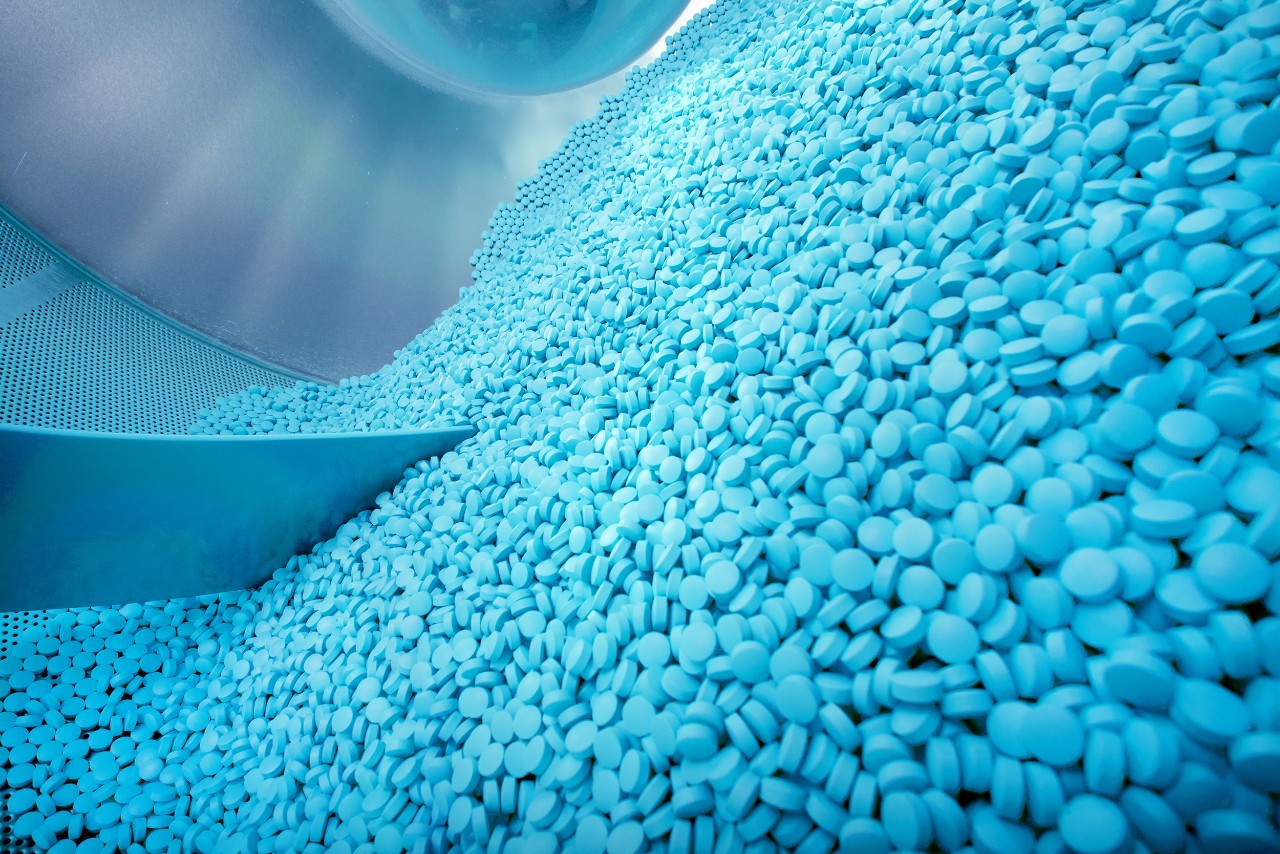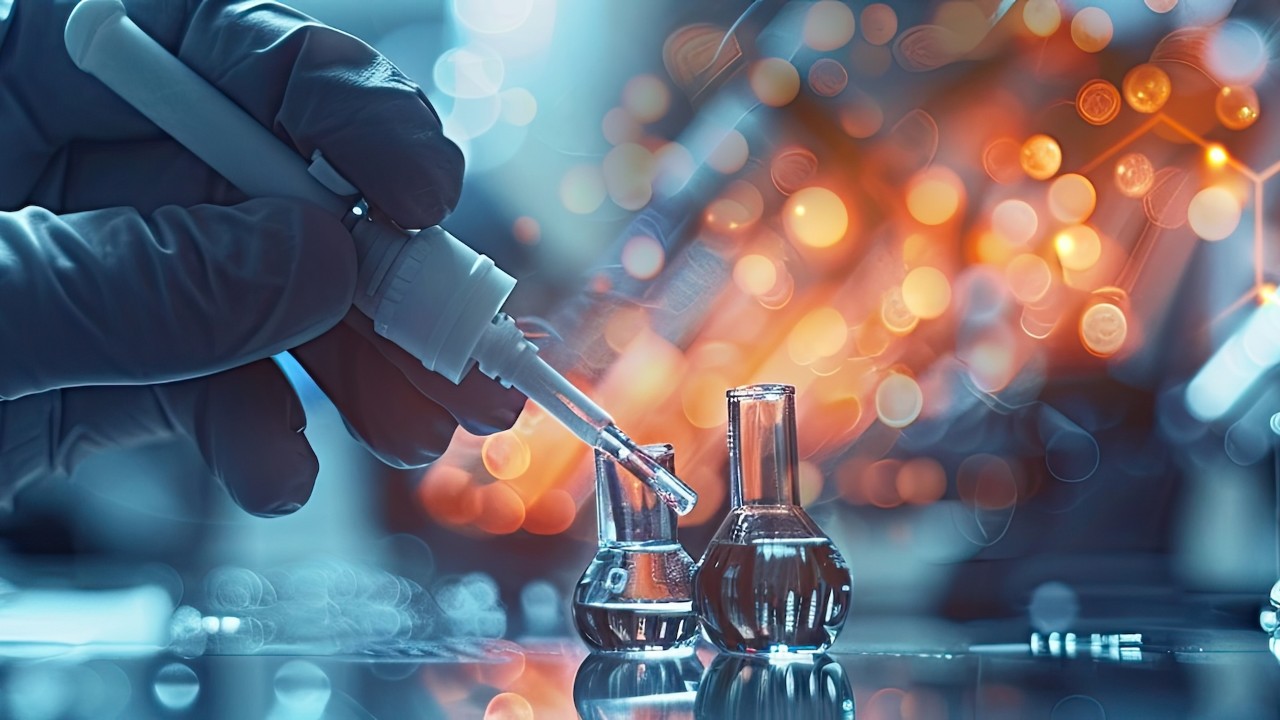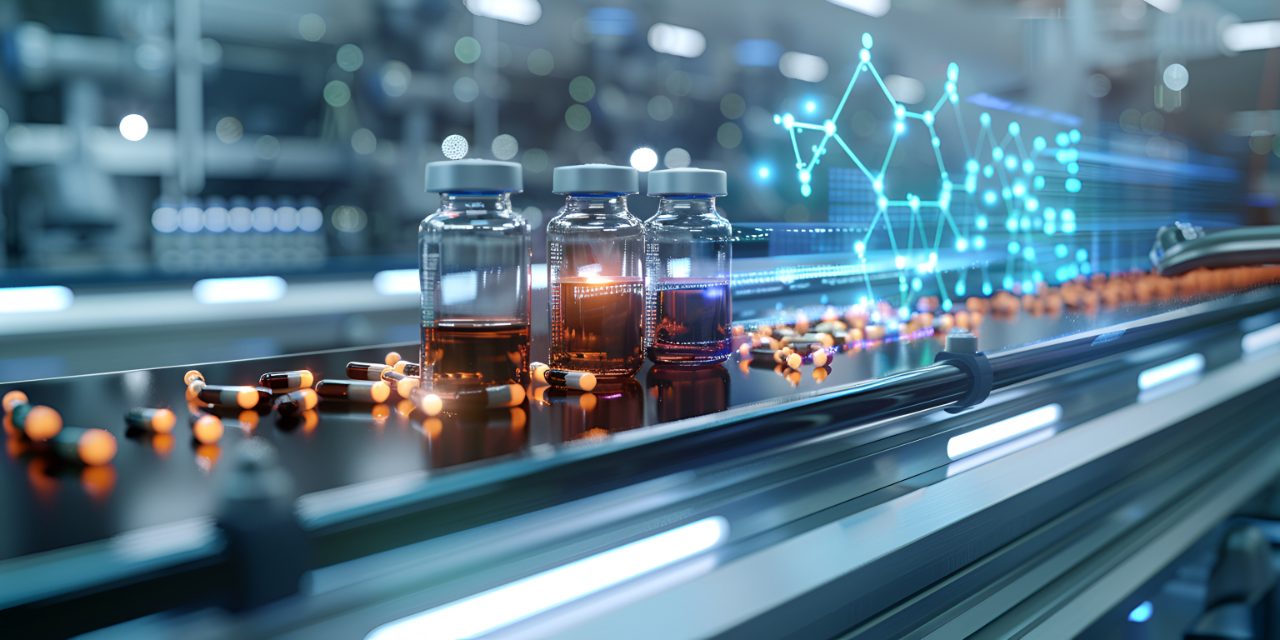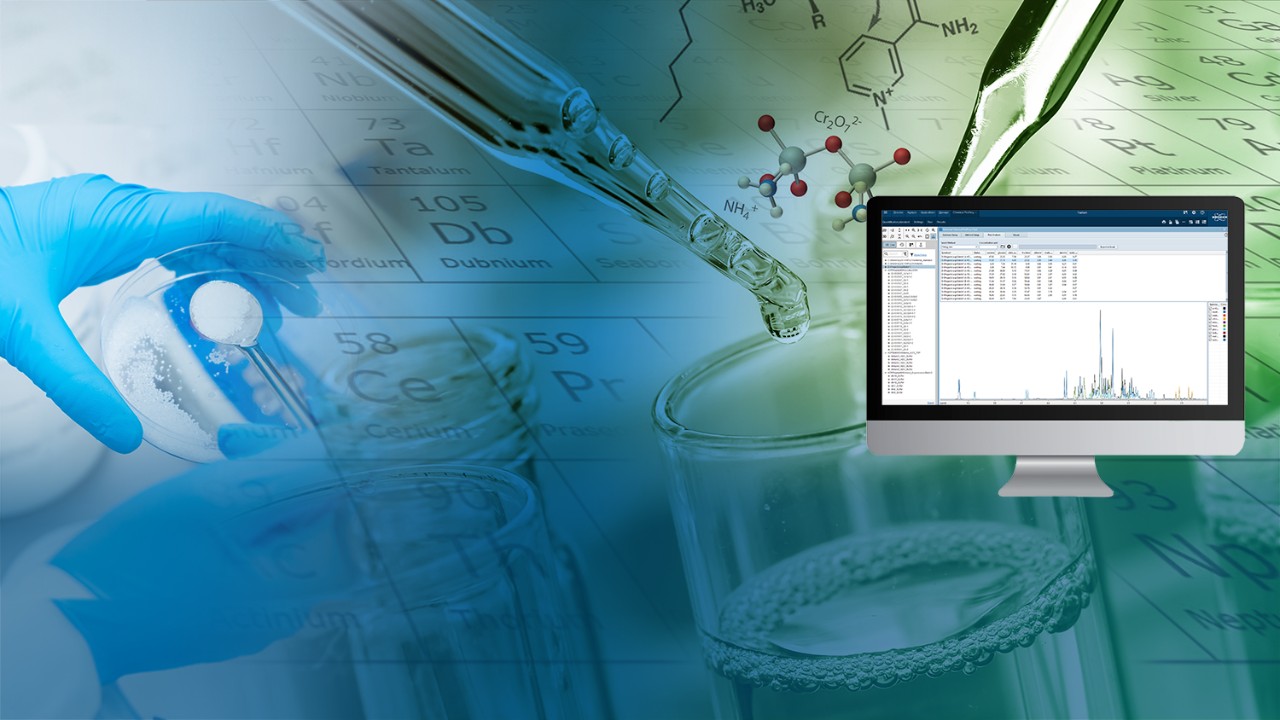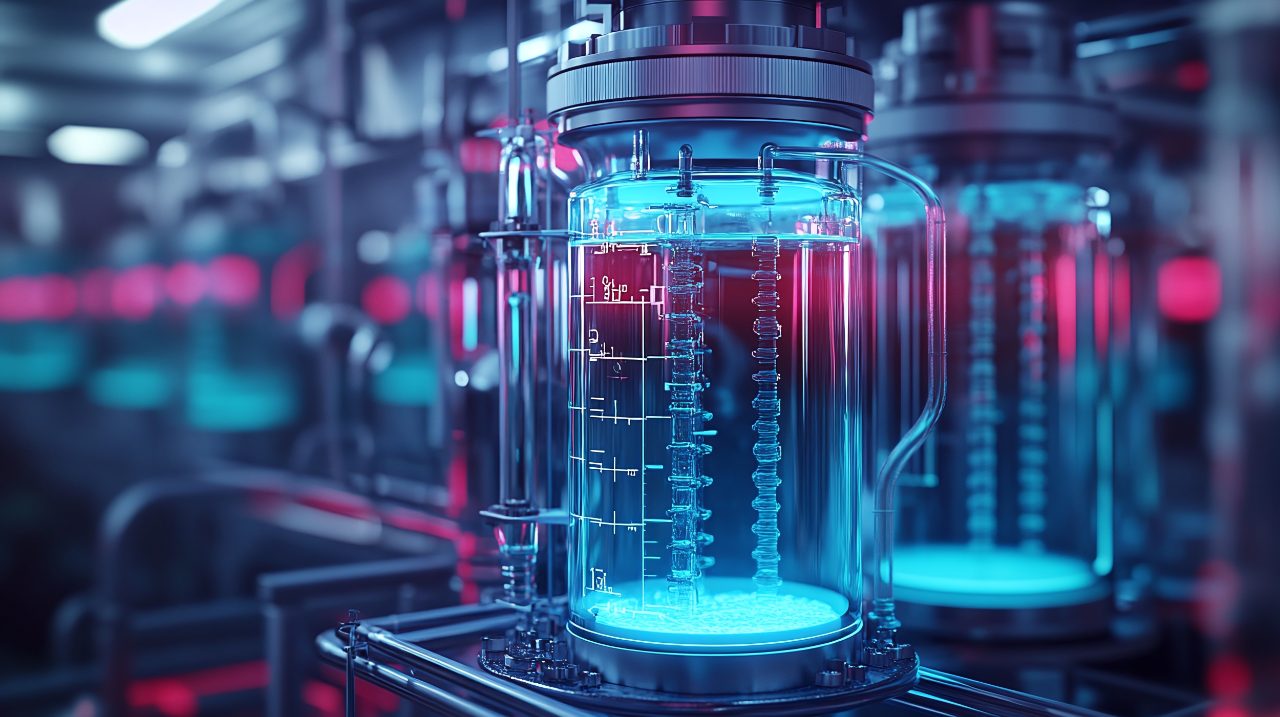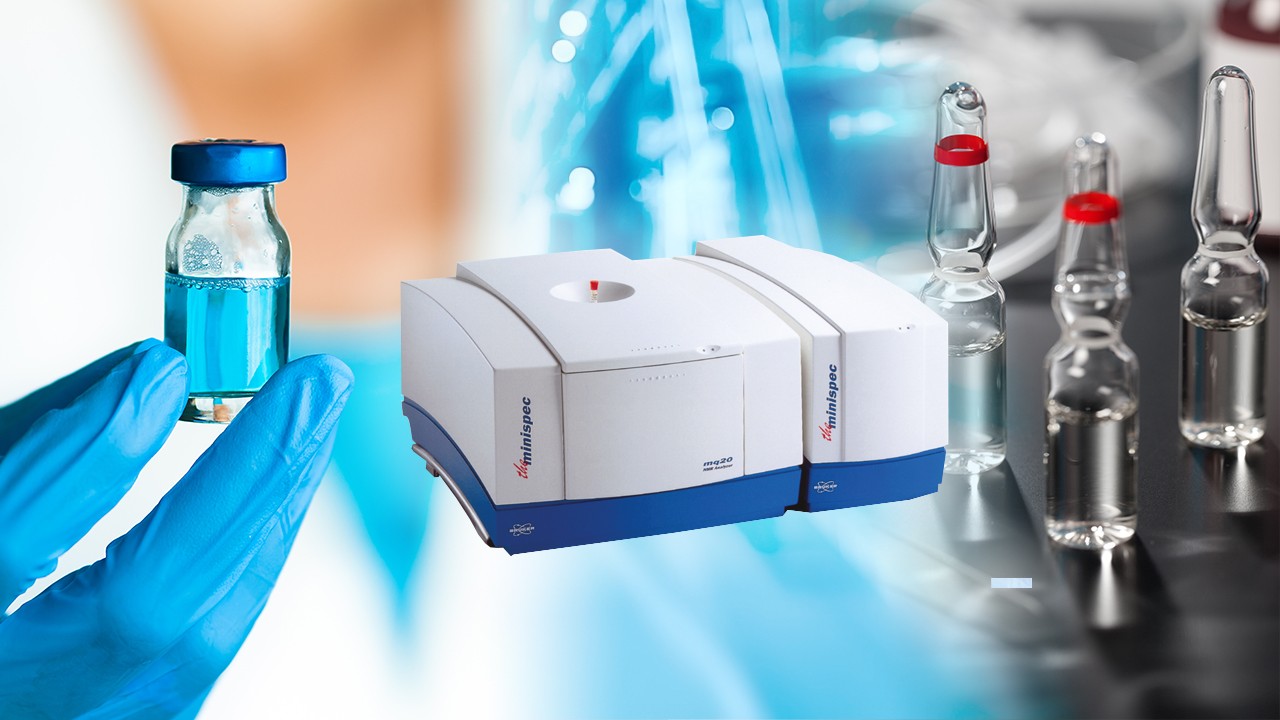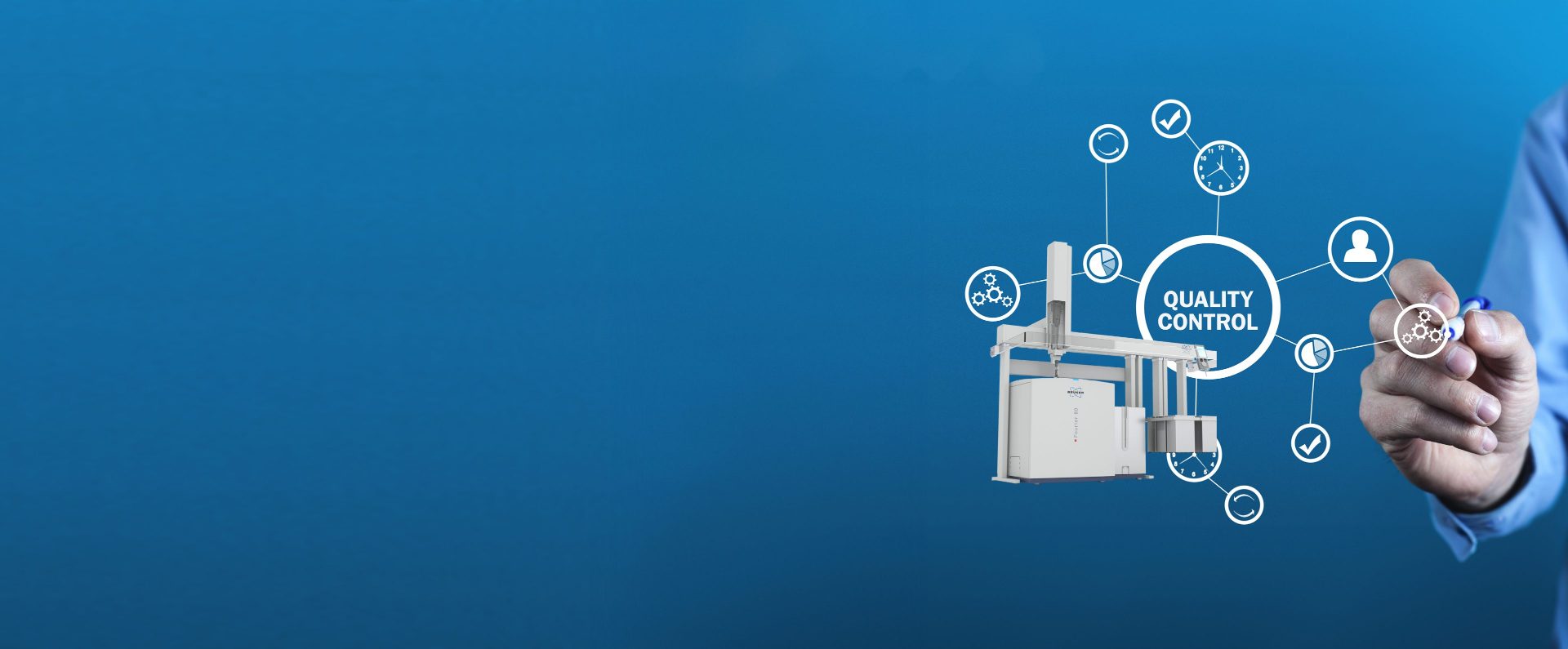

Benchtop NMR for Quality Control
tailored for Pharmaceutical Quality Control
Highlights
Smart-Scale NMR for Quality Control
The Fourier 80 for QC is a comprehensive solution that brings all the benefits of NMR for Quality Control into a compact, user-friendly system supported by disruptive software with built-in compliance for GMP and GLP testing.
Our proven Fourier 80 Benchtop NMR spectrometer, which avoids the cryogens associated with high-field NMR spectrometers, enables implementation of NMR-based procedures in any laboratory settings. With no maintenance and full automation capabilities, it enables 24/7 operations for maximal productivity with minimal training and expertise.
Implement end-to-end Sample-to-reports analytical, compliant workflows seamlessly thanks to the new Advanced Chemical Profiling software for true push-button operations by non-spectroscopist and easily transferred from system to system.
One solution for many applications
With a single, unified and scalable solution, QC laboratories can now leverage the power and versatility of NMR with the Fourier 80 for QC. The same system can be used for a large range of robust procedures, ranging from well-established compendial testing on raw material to demanding in-house quantitative assays on drug products.
Built on absolute physical principles, NMR procedures with the Fourier 80 for QC, eliminate the needs for identical standard, significantly simplifying standard management and qualification. Fast yet highly-specific identification testing can be run in full automation, while absolute, ultra-accurate quantitative platform procedures can be easily implemented to quantify virtually any organics, as a pure or mixed form.
Leveraging the unique capability of NMR for direct solution analysis, the Fourier 80 for QC comes with optimized and fully automated water and solvent suppression capacities and can be utilized for direct solution characterization. It eliminates all sample preparations steps, providing simplified and bias-free access to solution critical attributes, up to the automated, multi-attribute quantitative assays on injectable biologic therapeutics.
Applications
Testimonials
Cassie Yang, Principal Research Scientist at Abbvie
“The Fourier 80 has facilitated the implementation of workflows for controlling the quality of our incoming materials. It offers a simpler and cost-efficient alternative to high-field NMR systems. Combined with the intuitive interface of Mdrive, our non-expert users can directly submit their samples and retrieve their data with ease, while ensuring data integrity. As analysts, our role now only involves validating the final results. With no maintenance requirements, utilizing the Fourier 80 for our quality control applications has thus allowed us to both save time on high-field instruments and reduce the workload of our analytical team. This way, as experts, we can focus on addressing more demanding analytical challenges, while our users independently perform their QC analysis on raw materials.”
Support
LabScape
Service & Life Cycle Support for Magnetic Resonance and Preclinical Imaging
Bruker’s commitment to provide customers with unparalleled help throughout the buying cycle, from initial inquiry to evaluation, installation, and the lifetime of the instrument is now characterized by the LabScape service concept.
LabScape Maintenance Agreements, On-Site On-Demand and Enhance Your Lab are designed to offer a new approach to maintenance and service for the modern laboratory

